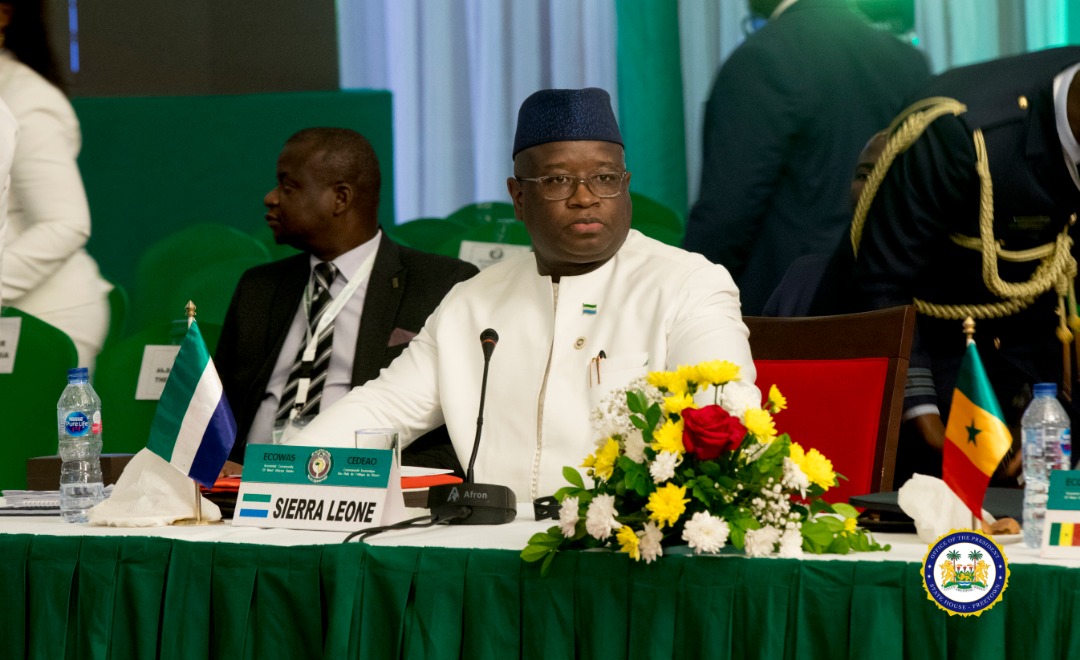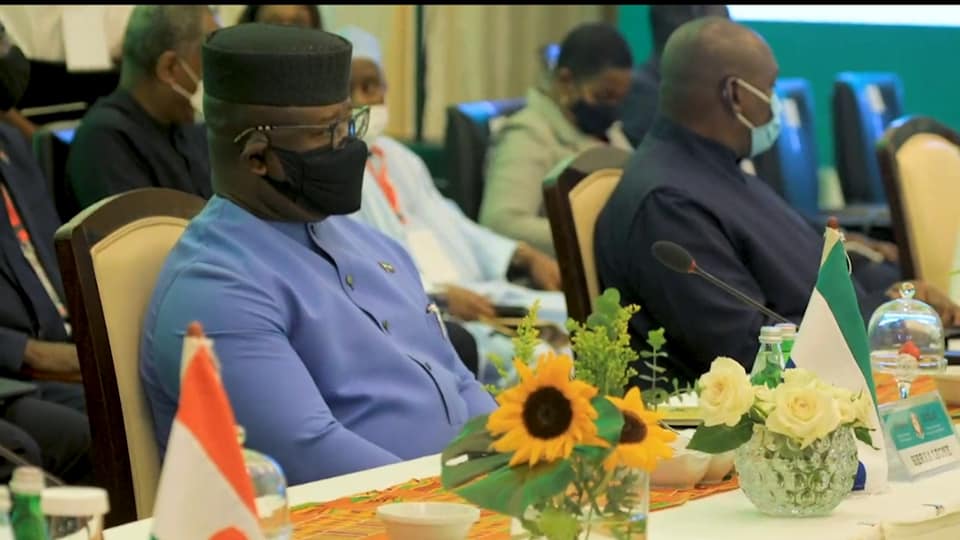The Open Society Initiative for West Africa (OSIWA), whose responsibility is to assist West African nations in dealing with issues connected to democratic governance, human rights, development policies and citizens responsibilities have raised concerns about the possible effects of the recent spate of coups in a number of countries that undermine the peace and stability of the West African region.
According to a statement dated 23rd February 2022 by OSIWA, they have been monitoring the conditions of African countries that involve in activities which they say, “attempt to undermine the constitutional order through a series of coups.”
“We have denounced the abuse of power in all its forms,” they declared. “It is in the face of the inability of some rulers to guarantee security, to achieve meaningful and equitable social, economic and environmental progress and to ensure good governance, that a new class of elite officers seems to want to arrogate to themselves the right to seize political power in the name of so-called popular legitimacy,” the institution states.

- Former Sierra Leone Skipper Kei Kamara Attains US Soccer National B Coaching License
- Network of Community Youth Organizations Congratulate President Bio and Vice President Juldeh Jalloh on Their Re-Elections
- London-Based Sierra Leonean Man Sentenced to 29 Years For Murdering Wife And Falsely Blaming Son
The statement adds that “Even though living conditions and the economic situation are still largely unsatisfactory for a significant number of West African citizens, political crises are challenging and undermining the democratic gains clearly won during decades of struggle, resistance, and sacrifice by our populations and our States”.
Also, they stated that while they are aware of the nature of political transitions and the unforeseen outcome of change, for them, it “constitutes another case of abuse and illegal seizure of power.” OSIWA said it’s therefore important that those who are concerned about the progress of the region stand up and apply the same levels of control and accountability to the perpetrators of coups.
The statement also said that while reaffirming the commitment to work for vibrant and accountable democracies, probity in the exercise of power, good governance, and respect for fundamental human rights, they also condemn all forms of “constitutional manipulation and coups that we have experience in the region”.
The good governance and development programme emphasized that military coups, regardless of the sincerity of their motivation, mark unacceptable breaks in democratic life with enormous risks of destabilization and the installation of cyclical crises, undermining the security and prospects of the people.
They further said that, while they believe that “profound changes underway” in West African societies, they said they also believed that the notion of citizens’ aspirations for more democracy, freedom, and opportunities to improve their living conditions.
They expressed hope that the reforms initiated by ECOWAS to better regulate democratic and constitutional life in the region will contribute to upholding democratic norms and principles, the effective protection of the population against terrorism and banditry, governance choices that will ensure economic and social progress, and the inclusion of minorities and vulnerable groups in pollical life.
While citing countries like Burkina Faso and Mali as victims of the coup, they further added that the international community and African Union, groups members, and authorities of the Heads of State and Government should focus on “inclusive and effective transition” of those countries.
OSIWA said they would encourage priority to be given to constructive dialogue and involvement of civil society actors in the best interests of the population and States.
According to Politico Newspaper, OSIWA also cited the situation in Guinea Bissau in which the Organisation said all institutional actors, civil society, and the population in and outside of the country should work for the “strengthening and preservation of the constitutional order in the country.”
Mali, Guinea and Burkina Faso are three countries in West Africa that have experienced military takeovers in recent times. The coups have been widely condemned by ECOWAS, AU, and the UN. The coup leaders have been asked to return their various countries to constitutional rule.











